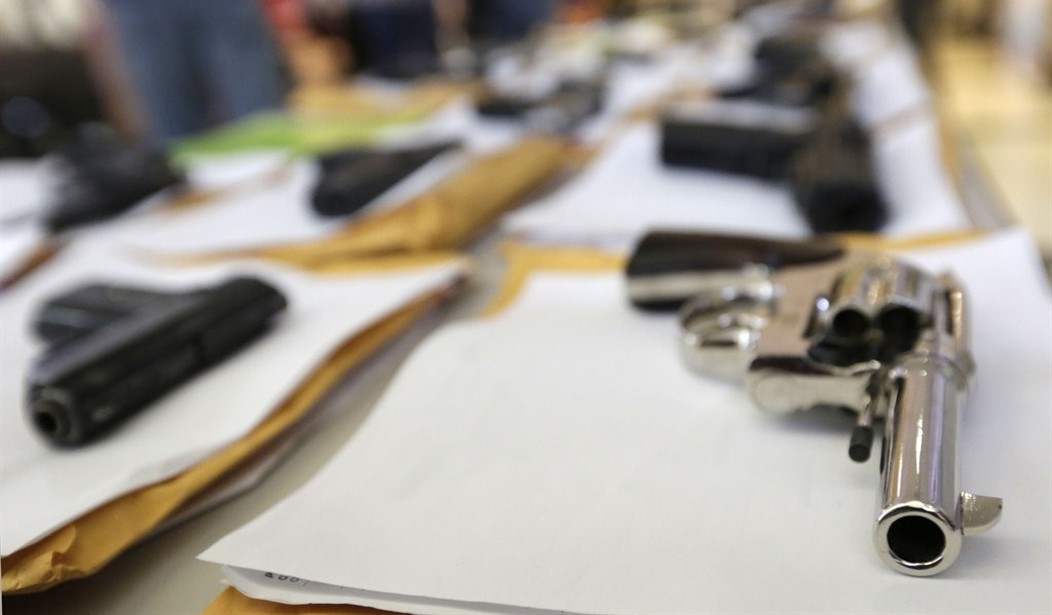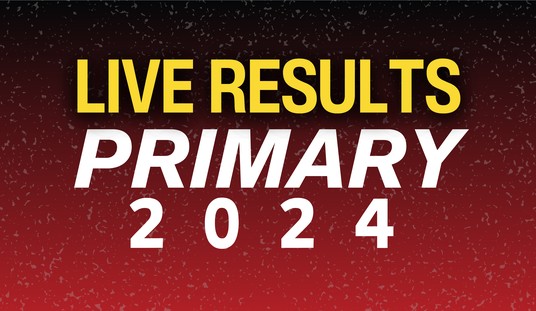Townhall: You open your book by telling a story about a real person, an inner city kid named Mike K. Can you tell us how his experience sets the tone for your book?
Miniter: He’s an interesting guy and there are a lot of people like him out there. I’ve known the guy who changed his life for a long time, John Annoni. He runs an inner city school program that uses hunting, and fi shing, and shooting, and firearms ranges in order to help inner city kids. He took me in and introduced me to kids who used to be in gangs and used to have severe issues with crime, in this case, Mike had a felony conviction.
We’re living in these two very different gun cultures in this country. Often one side or the other side doesn’t understand the point of view of the other one. I wanted someone who could just bridge that in order to start that process of helping people understand each other so we can actually come up with real solutions to gun violence. That’s what led me to Mike.
Townhall: You refer to the gun as “Freedom’s Tool.” What do you mean by that?
Miniter: It’s interesting if you trace the history of the gun right from the beginning of the United States. Start off in 1775, when in Lexington and Concord rifles were being used against British troops who had smoothbore Brown Besses. The British fi rearm, the Brown Bess, would lob a fairly large bullet but through a smoothbore, which is easier and faster to load, but not nearly as accurate. The American colonials were getting their rifles from small arms makers, mostly in New England, they had these rifles because they were hunters and that’s what they had to do. If they didn’t get that rabbit, or whatever they were after, they weren’t going to eat that night. They knew how to shoot and they got the best firearms for that sport. So when they faced the British troops they actually had more advanced firearms than the British did. That actually turned that battle and started our Revolution off to what it became.
Recommended
Ever since then, if you trace the history of military firearms and civilian firearms, they’re really related. In fact they’re linked. Usually the technology comes out of the civilian market and goes into military and law enforcement markets. If you look at semi-automatic firearms, which are called “assault weapons” today, they were much more popular as sporting arms in the early 20th century than military. The military didn’t really get into them; they didn’t want to, they thought you didn’t need rapid fire. They didn’t want that semi-automatic rifle until really World War II, when the M1 came around and the push to get a firearm was there. Well that technology had already been grown and used in the civilian market.
Townhall: Your book is called “The Future of the Gun,” why did you choose that title?
Miniter: Because politics and technology are fused. What the legislators are always trying to ban is the new technology, and they see a new technology as semi-automatic fi rearms, and many pistols. Well, OK, but those technologies are fairly old technologies, which is interesting to look at that way. But then when you really get into the technology and realize what’s just now becoming available, you realize smart gun technology, for example, is being stopped by possible mandates from legislators saying “once this technology where fi rearms will only go off for a person who’s been programmed into that fi rearm, once that becomes available then all fi rearms should have that technology.”
Well, that’s not feasible for many technological and cost reasons. A lot of the major gun manufacturers have told me again and again that that stopped them. And the possibility of lawsuits stopped them. Because, once they did come up with the smart gun technology, let’s say that gun was stolen and used to murder somebody else, well then could a smart lawyer come in and sue that gun manufacturer for not putting that on all guns?
Townhall: What do you think are some of the biggest misconceptions that many Americans have about guns today?
Miniter: So many, I don’t know where to get started. I’ve always owned guns, I grew up with guns, and I had a certain view of them and I didn’t come to where I am on the issue all of a sudden or from my youth. It just kind of came through being a journalist and running around, and learning about these kinds of things.
But what surprised me when I dug into this book was, when I went into the inner city areas in New York, Chicago, and Maryland, I was surprised at the culture that is being traded in those antigun, inner city places where a good guy can’t carry a gun or isn’t supposed to carry a gun.
So, you end up only with a certain type of person illegally carrying a fi rearm, and when you only have that sort of person in a society, well who is the young guy or girl going to look up to?
Hopefully, they have some other type of role model, but a lot of them are just going to look up to that power figure that’s on their street. So they end up looking up to that bad guy with a gun instead of a good guy that they should be looking to. You end up with this break that’s tearing apart these two cultures in America on guns. •

























Join the conversation as a VIP Member